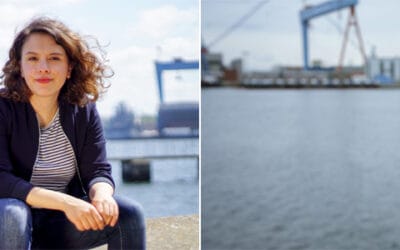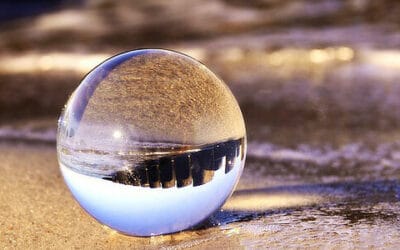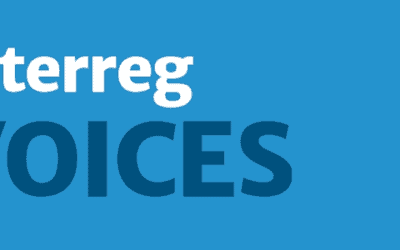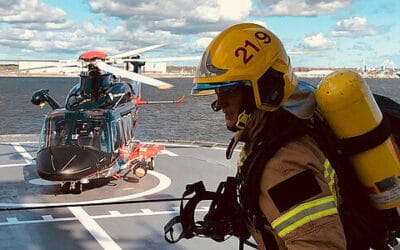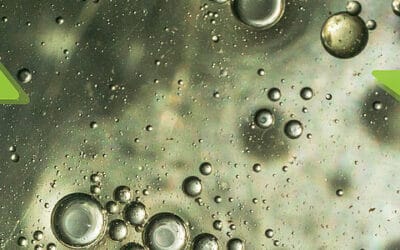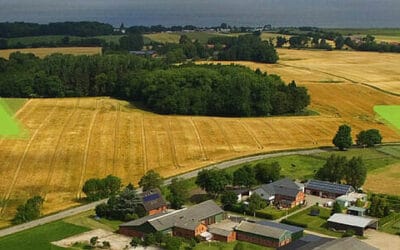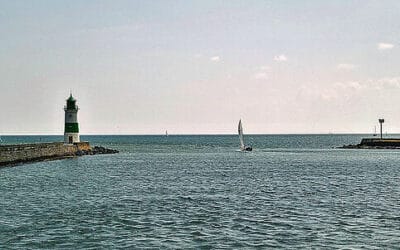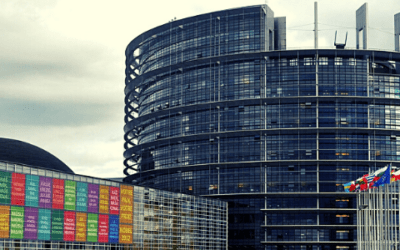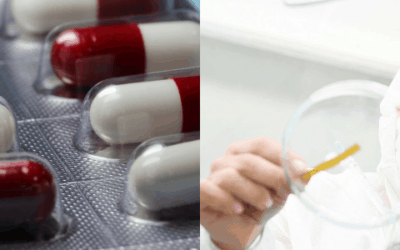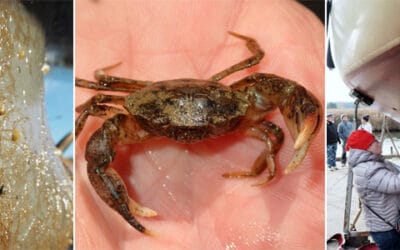Delara Burkhardt, a young politician from the Baltic Sea region, shares her views on future Interreg programmes and the impacts of the pandemic on cooperation. As a Member of Parliament, she pushes environmental and migration policies for the benefit of...
Interreg Baltic Sea Region
News
Towards innovative, water-smart and climate-neutral societies
The seventh meeting of the Joint Programming Committee, held on 16-17 June 2021, advanced the preparations for building an environment for cooperation across borders on innovative, water-smart and climate-neutral topics for years 2021-2027. Programming the future The...
Listen up! Voices from the Interreg community
In our new playlist on YouTube, we present to you people from the Baltic Sea region who are on a mission. With their work for and in Interreg projects they bring to life the vision of the European Union, because they are creating a culture of cooperation across and beyond borders. Listen to what they have achieved with this EU funding scheme for cooperation. Listen to “Interreg voices”.
Better prepared for emergencies thanks to Interreg
With an average of 300 accidents per year, as reported by the Baltic Marine Environment Protection Commission’s (HELCOM), the Baltic Sea seems to be a challenging area for navigation. The ResQU2 platform has reinforced the preparedness of rescue authorities, services, seaports and other authorities for large-scale incidents in the Baltic Sea.
How NonHazCity paves the way for a tox-free Europe
From toothpaste to toys, hazardous chemicals are everywhere around us. Read about the Interreg project NonHazCity and its #MadeWithInterreg solutions for a greener and healthier life. Together with another project from the North Sea region, Sullied Sediments, they show how dedicated people working across borders are putting the EU Green Deal into practice.
SuMaNu featured on interreg.eu portal
From Adriatic to Baltic Sea: read how to achieve clear waters through cooperation and use #MadeWithInterreg smart ideas to save the seas from pollution.
Building an environment for cooperation in the region for years 2021-2027
How to build innovative, water-smart and climate-neutral societies across the Baltic Sea region? Another meeting of the Joint Programming Committee held on 5-6 May 2021 brought more clarity on what the projects in Interreg Baltic Sea Region 2021-2027 will look like....
Europe Day 2021: Five messages from the EU Parliament
Don’t miss our latest video with five Members of Parliament connected to the Baltic Sea region who believe that Interreg cooperation is the key to ensuring a sustainable and greener future for our region. Europe Day 2021 marks the anniversary of the Schuman...
How to reduce pharmaceutical emissions posing a threat to wildlife in the Baltic Sea?
Active pharmaceutical ingredients are found in our environment at concentrations that pose a risk to wildlife. Pharmaceuticals are used to treat humans and animals, and we cannot stop using them. Instead, the overall consumption of pharmaceuticals tends to increase with an aging population. “We must find applicable solutions to decrease the emissions of pharmaceuticals in the Baltic Sea region, and we need to work together.”, states Noora Perkola, a leading researcher in Finnish Environment Institute and leader of the project “Clear waters from pharmaceuticals” (CWPharma).
Interreg fights aliens in the Baltic Sea
At any moment in the Baltic marine area, about 2,000 ships are transporting people, goods, but also stowaways: marine organisms from distant places, like Harris mud crabs, that colonise the Baltic Sea waters. The Interreg project COMPLETE brought together people with smart ideas how to translate the existing regulations into a working system to prevent alien species from invading the Baltic Sea.



